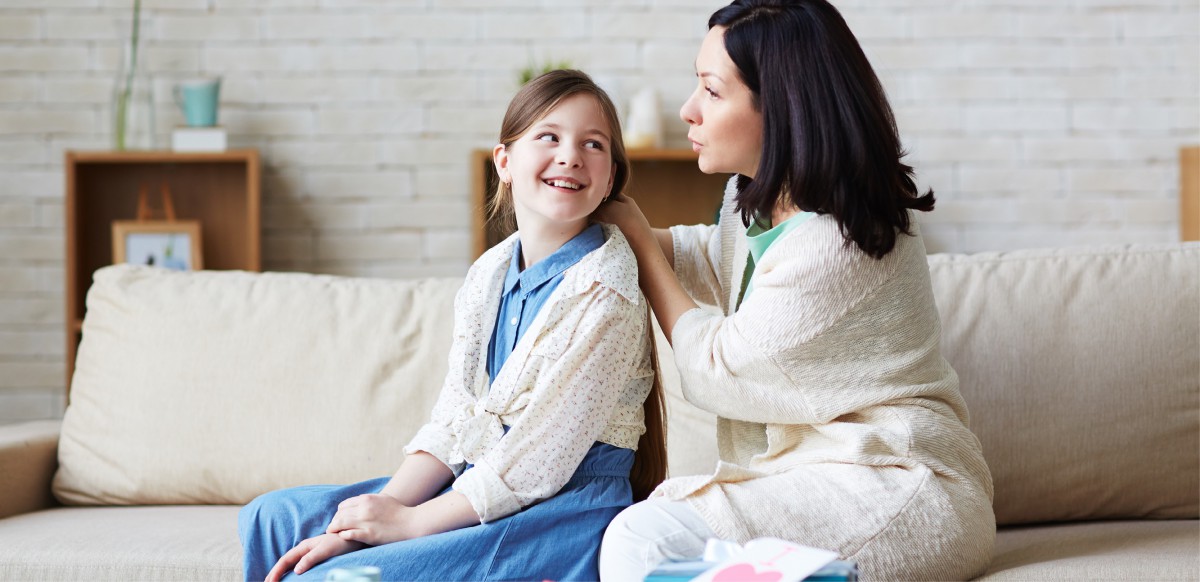
HPV Vaccination
A Guide for Parents and Guardians
Protect your child to help reduce their risk of certain HPV cancers in the future.2
HPV vaccination can potentially help to stop the spread of types of human papillomavirus, including high risk types 16 and 18.5 In Ireland, HPV vaccination is offered free to boys and girls in their first year of secondary school under the National HPV Immunisation Programme.3
Why is HPV vaccination important?
HPV infections are common, while most infections clear on their own without causing symptoms, some infections caused by certain types of HPV may increase the risks for certain cancers like anal or cervical cancer.2
HPV types that may cause cancer are called high-risk types.2 HPV Vaccination can help to potentially protect people against these high-risk human papillomaviruses (HPV) types by preventing infection by a high risk human papillomavirus happening before it can become serious and increase the risk of HPV-related cancers in the future.3
Prevents Cancer: HPV causes over 99% of cervical cancers and is linked to other cancers affecting both men and women, including cancers of the anus, vagina, and vulva.2 HPV infection causes almost 5% of all cancers worldwide.4
Best protection Before Exposure: The vaccine works best when given before your child becomes sexually active and potentially exposed to HPV.3
Long-lasting Protection: HPV vaccination helps to protect against genital warts and certain types of cancers caused by HPV, including cervical cancer in females and other cancers that can affect both males and females. Vaccination combined with regular screening later in life can help to prevent these HPV-related cancers.2
What you need to do
Consent: You will receive information and a consent form from your child’s school. Please read it carefully and return the signed form to allow your child to be vaccinated.
Prepare your child: Talk openly with your child about vaccination and why it’s important.
Vaccination day: Your child will be vaccinated at school. The process is quick and supervised by healthcare professionals.
After Vaccination: Mild side effects such as soreness or redness at the injection site are common and usually go away quickly.
If your child experiences any side effects, please speak to their doctor, pharmacist or school or practice nurse. You can also use this link to report side effects directly to the HPRA (Health Products Regulatory Authority).
Common Questions Parents and Guardians ask
Can boys get HPV?
Yes. HPV affects both boys and girls, and vaccinating boys helps protect them and their future partners.2
Do boys and girls get the same vaccine?
Yes, both boys and girls are offered HPV vaccination in their first year of secondary school.3
What if my child misses the vaccine at school?
If you child has missed their school vaccinations, or if you have any questions, speak to your local immunisation team.
Supporting Your Child’s Health
Does HPV vaccination protect against all HPV types?
HPV vaccination does not protect you against all types of HPV, HPV vaccination can help protect both boys and girls from types of HPV infection that can increase their risk of certain HPV cancers in the future. By consenting to HPV vaccination, you are giving your child the opportunity to help potentially reduce the risk of certain HPV-related cancers in the future.3 Alongside vaccination, encourage health habit and regular health checkups as they grow.

